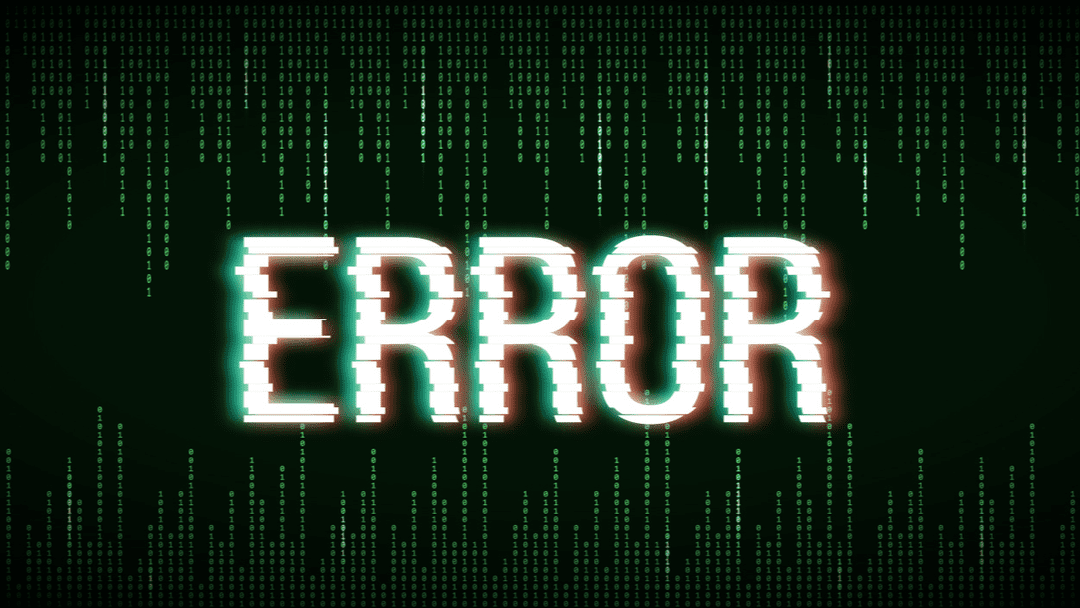Common Background Screening Mistakes to Avoid

Background screening is a critical step in the hiring process, providing employers with valuable insights into the qualifications, integrity, and suitability of potential candidates. However, conducting background checks requires careful attention to detail and adherence to best practices to ensure accuracy, compliance, and fairness. In this blog post, we'll highlight some common background screening mistakes to avoid to help employers make informed hiring decisions and minimize risks.
- Neglecting Legal Compliance
One of the most significant mistakes employers can make is neglecting legal compliance when conducting background checks. Failure to comply with federal, state, and local laws, such as the Fair Credit Reporting Act (FCRA), can result in costly penalties, lawsuits, and reputational damage. It's essential for employers to familiarize themselves with relevant laws and regulations governing background screening and ensure compliance throughout the process.
- Skipping Consistent Screening Practices
Consistency is key when it comes to background screening. Employers should establish clear and standardized screening procedures and apply them consistently to all candidates, regardless of position or seniority. Skipping steps or making exceptions for certain candidates can undermine the integrity and fairness of the screening process and expose employers to allegations of discrimination or bias.
- Overlooking Verification of Information
Verifying the accuracy of information provided by candidates is essential to ensure the integrity of the background check process. Employers should conduct thorough verification of educational credentials, employment history, professional licenses, and other qualifications to confirm their validity. Overlooking this step can result in hiring individuals who misrepresent their qualifications or experience.
- Failing to Obtain Consent
Obtaining proper consent from candidates before conducting background checks is a legal requirement in many jurisdictions. Failing to obtain consent can lead to violations of privacy laws and expose employers to legal liabilities. Employers should provide candidates with clear and conspicuous disclosure of their intent to conduct background checks and obtain written authorization before proceeding with the screening process.
- Relying Solely on Automated Checks
While technology can streamline the background check process, relying solely on automated checks without human oversight can lead to errors and inaccuracies. Automated systems may miss important nuances or discrepancies that human reviewers can detect. Employers should supplement automated checks with manual review and verification to ensure thoroughness and accuracy.
- Disregarding Candidate Rights
Candidates have rights throughout the background check process, including the right to dispute inaccuracies and errors in their background check reports. Employers should provide candidates with a copy of their background check report and the opportunity to review and challenge any information that is incorrect or incomplete. Disregarding candidate rights can result in legal challenges and damage to the employer's reputation.
Avoiding common background screening mistakes is essential for employers to maintain the integrity, fairness, and legal compliance of their hiring processes. By adhering to best practices, conducting thorough verification, obtaining proper consent, and respecting candidate rights, employers can make informed hiring decisions and build a talented and trustworthy workforce.
At Western Verify, we understand the importance of avoiding background screening mistakes and offer comprehensive screening solutions to help employers navigate the hiring process with confidence. Contact us today to learn more about how we can support your background screening needs. Minimize risks and maximize confidence with Western Verify.
Written by Blaine Smith.
Blaine is the COO of Western Verify and spends his free time hosting parties or traveling with his amazing family.

Justin is the Co-Founder and CFO of Western Verify, and spends his free time traveling with his family and trying his best to golf.


